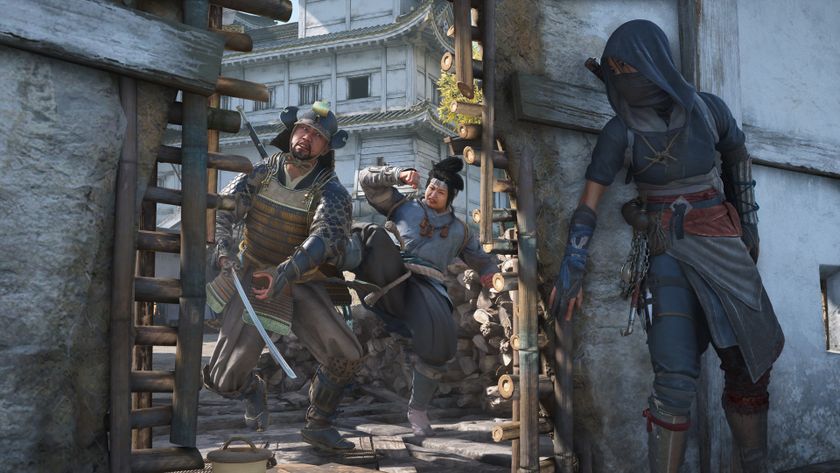Five years on, what has the Wii's revolution REALLY changed?
In 2006, it was going to change gaming and gamers forever, and turn Nintendo around. Did it?
A revolution in who's playing
Why was the Wii successful? Because 99% of everyone in the world bought one. So Nintendo succeeded in its plan of creating a glorious, shimmering nirvana of gaming for the whole global populace to share, then? Well, again, kind of.
You see the thing is, while casual gamers are now a staggeringly large part of the global audience (and don’t go moaning about that. It is, after all, just a sign of the maturation of the medium, in much the way that serious film fans now exist alongside folk who’ll just watch something if it’s on TV, and the way that passionate musoes exist alongside people who just listen to the radio), I can’t help feeling that the Wii can’t really take credit for that. In fact, I can’t help feeling that Nintendo’s little white waggle-box just came along at the right time, Nintendo just happening to be sitting on the biggest surfboard in the sea just as a massive wave hit and everyone decided they wanted a go.

The fact is, although it was the casual gaming poster boy for a while (or at least Nintendo’s marketing certainly aimed to create that impression), the Wii certainly didn’t create the casual gaming movement, nor has it remained the focus of it.
Casual gaming, you see, has been happening for decades. It’s just that people only started noticing it as a thing once companies like Nintendo started drawing artificial distinctions between types of game and gamer. People just like having fun. That’s why games of any kind exist. Yes, the increased complexity of modern console and PC video game interfaces has put many potential players off what we in the core gaming community deem AAA games, but in the broader, more encompassing definition of “video games”, everyone has been playing for years.
Everyone has become obsessed with Minesweeper and Solitaire at some point. Everyone has had a few cheeky games of Snake on their mobile. Everyone has messed around with online Flash games when they’re supposed to be working. My Grandma used to love a button-mashing evisceration-fest on Mortal Kombat II, and post-turkey Mario Kart was a Christmas family staple at my house for years. The equation isn’t complicated. Present people with simple fun, delivered with immediate reward and a low barrier of entry, and they’ll grab hold of that fun and become absorbed by it. It’s not marketing or innovation, or a whole new way of thinking about the delivery of entertainment. It’s just human nature.

Above: Simple fun. Not new
So yes, the success of the Wii might have given the rest of the big-budget console industry a nudge in making overtly marketed casual-friendly content (in the same way that a big profit in any industry always inspires copy-cats), but it certainly wasn’t the great visionary creator of a whole new world of casual gaming.
Sign up to the 12DOVE Newsletter
Weekly digests, tales from the communities you love, and more
And it’s also worth taking note of software sales. Aside from a few mega-ton party games, third-party Wii software largely has not done too well. While the hardware sales have been through the roof, to this day a great many owners still just use the Wii as a tennis simulator when friends come over. We’re seeing a similar situation with Kinect’s huge hardware sales but small software-attachment rate, and when you compare those numbers to the regular success of iOS, Android and Facebook games, there’s a rather sobering scenario to observe. The Wii console might currently be in a terrifying number of homes around the world, but it’s a bit debatable as to how many of those ‘new players’ are actually still playing.
So the Wii might not have changed things for us as much as Nintendo thinks it has, but how has it changed things for Nintendo? Surely Ninty has to be in an infinitely better position than it was in 2005, right?

Assassin's Creed Shadows devs "actively looking at" an even harder difficulty mode for the RPG: "How challenging do you want it?"

Assassin's Creed Shadows' delays were mostly used to polish the RPG, creative director confirms, not for deeper changes brought about by Star Wars Outlaws reaction











